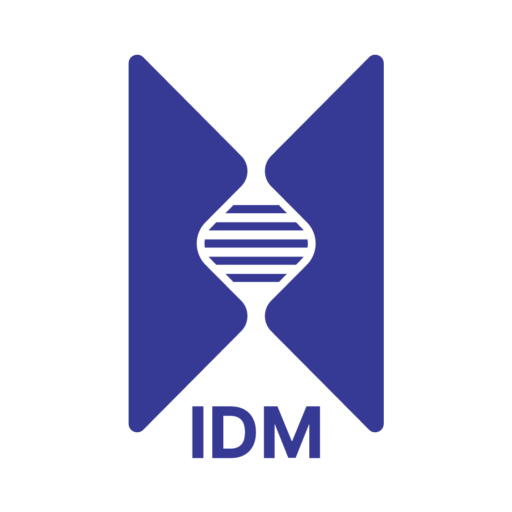The objective is to increase transparency and integrity in government, enhance public participation and accountability, generate more effective policymaking, eg. public service delivery, and empower CSOs to monitor open government and protect advocates for open government, e.g. whistleblowers. This directly addresses the global objective of the call by providing both the skills for civil society and a framework for open government within which they can work to influence policy and decision-making processes.
The project also addresses the specific objective as it will provide CSOs with a framework and a methodology for monitoring both the transparency of government and the policymaking process in specific policy areas.
Direct stakeholders of the project are non-governmental organisations working in policy areas; public officials, policymakers and public institutions; media, interest groups and businesses needing access to reliable and up-to-date data to inform their choices.
Final beneficiaries of the project are citizens, including women, ethnic minorities, and non-citizens, through opening up government to these groups in policy debates, and also in strengthening policy indicators, statistics and outcomes in key policy area.
The activities will foster more accountable policymaking through greater access to information, engagement of key stakeholders in government decision-making, and independent watchdog activity to monitor outcomes. They will result in professionalised CSOs equipped to engage constructively with government officials in key policy areas generating value for money in resource allocation and more confidence in democratic institutions.
1. Mapping of government policies in 5 Open Government Partnership areas: improving public services; increasing public integrity; more effectively managing public resources; creating safer communities; increasing corporate accountability.
2. Opinion poll on trust in government.
3. Needs analysis of CSO capacity to monitor implementation, and CSO environment, e.g. legal framework and access to policymakers
4. Development of methodology for designing commitments and action plans, monitoring implementation, and setting advocacy goals
5. Meeting of implementing CSOs to finalise methodology and best practice, and set advocacy targets
6. Public debates and meetings with government officials to design/critique OGP commitments, and country action plans
7. Training on building CSO capacity in each country; finalise advocacy plans to promote commitments and monitor implementation
8. Monitor implementation, and conduct advocacy with country reports: public debates, campaign.
9. Final opinion poll on trust in government.
Implementation period: 1 January 2013- 30 November 2014.
Partners: Serbia, Montenegro, FY Republic of Macedonia, Bosnia and Herzegovina, Albania, Kosovo
The project is funded by the European Union and Coordinated by: PASOS Network

Funded by
European Union


